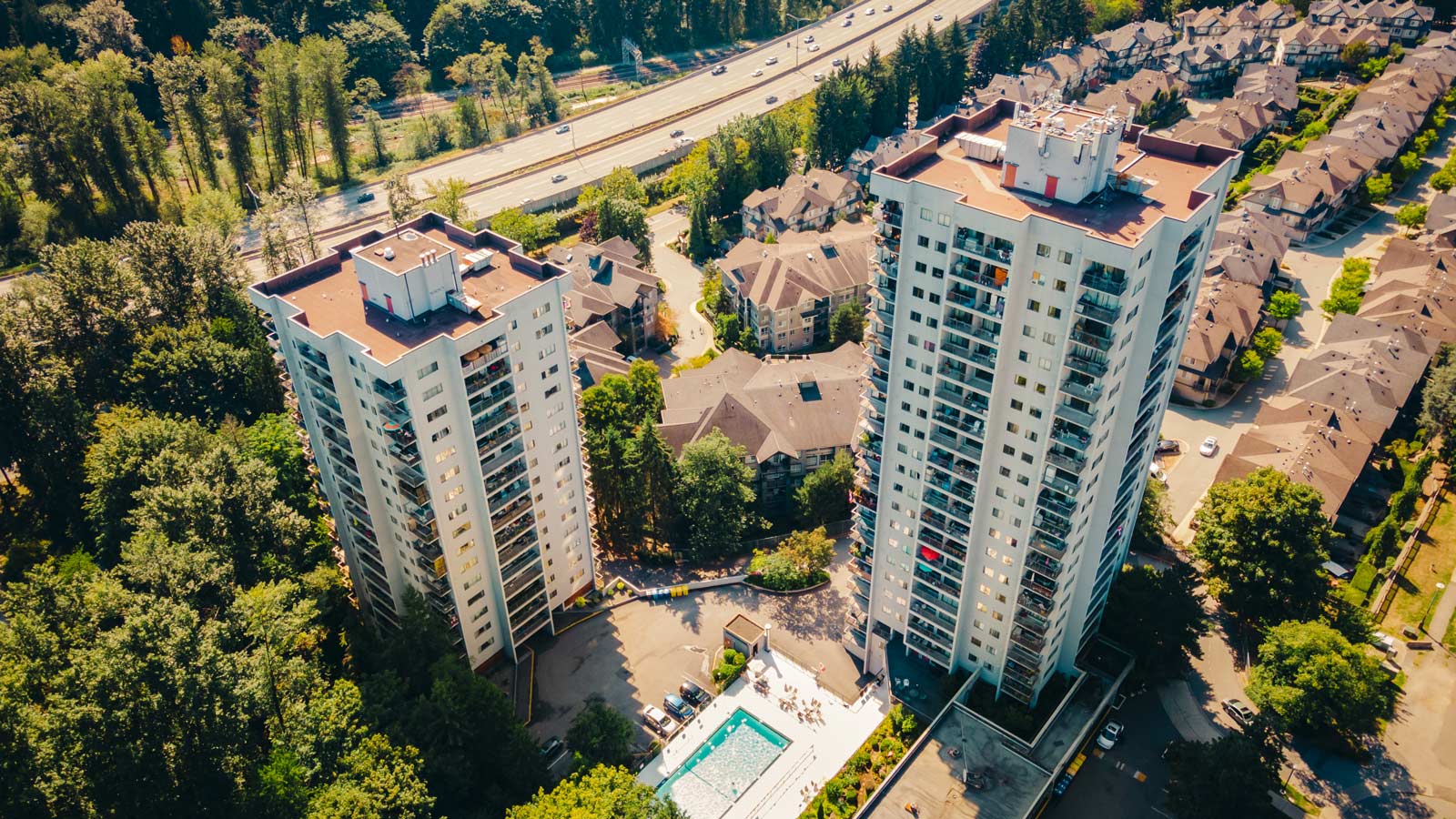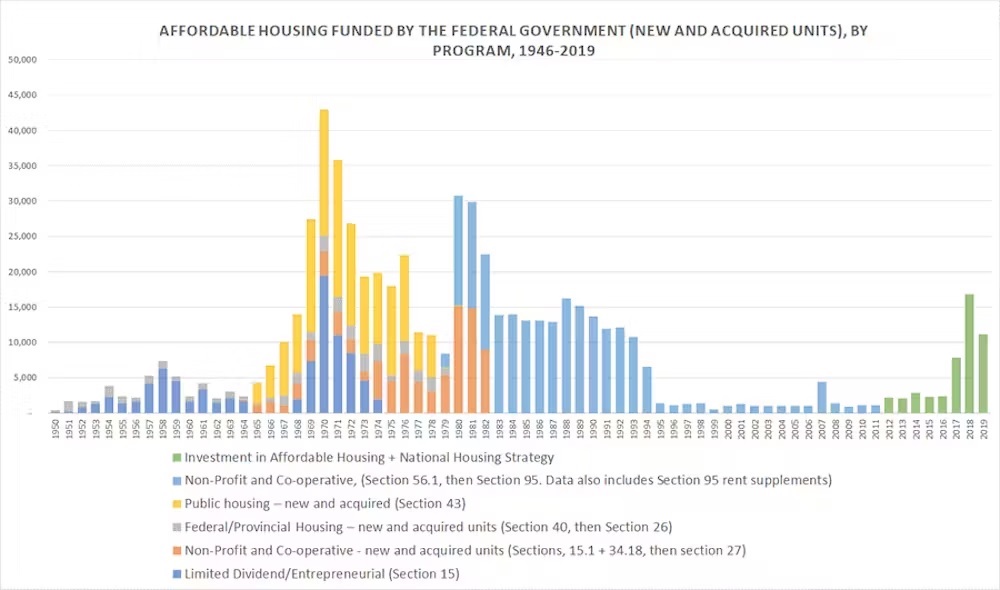
In the News: The Secret to Real Affordability? Trust in Land
A complex experiment is saving co-ops and developing homes to be affordable. Permanently.

Christopher Cheung recently reported on land trusts for The Tyee. Here is an excerpt of the story.
In land we trust
Over 600,000 units of co-op housing were built in Canada between 1973 and 1991. Then the Progressive Conservative government shut down its co-operative housing program in 1992, with the Liberal government subsequently cancelling spending on social housing projects.
With the resulting drought of affordable housing, co-ops like 115 Place offered their residents a rare, affordable refuge as rents and home prices soared.
In 2017, the federal government, with the Liberals once again at the helm, started spending money on affordable housing again, but it’s not to the level of past decades.

That means that as new affordable housing is built, the importance of preserving the older stock of co-ops like 115 Place, public housing, non-profit housing and rental buildings can’t be neglected. For every new unit that rents for the relatively affordable rates of $750 to $2,000 a month, three are being lost, according to the BC Non-Profit Housing Association.
“You’re rolling that rug in front of you with new supply,” said Thom Armstrong, head of the Co-operative Housing Federation of BC. “But if you’re not keeping an eye in the rear-view mirror, it’s rolling up behind you at three times the rate.”
A project of Armstrong’s co-op housing federation has a twofold mission: to rescue old co-ops and to reboot the development of affordable housing, long neglected by the federal government.
That project was the Community Land Trust of B.C.
It’s an unusual model in the province because people “can’t wrap their heads around it,” according to Penny Gurstein, a professor emeritus of planning at the University of British Columbia. However, they become “very interested in it when they understand it.”
A community land trust is a non-profit that provides affordable housing in a variety of ways: acquiring existing properties, developing new ones and potentially offering them to housing providers to run.
For co-ops like 115 Place, a landlord like the land trust would mean no threat of eviction and no one pocketing the profits. All the revenue would go back into making sure that people have homes.
The power of a portfolio
[…]
The Community Land Trust was originally founded by the Co-operative Housing Federation of BC in 1993. It stepped up its mission in 2012 after acquiring land leases from the City of Vancouver, at virtually no charge, with the promise of building affordable housing.
Today, there are 20 properties in its portfolio.

When the land trust embarked on its mission, some co-ops accustomed to absolute independence. They worried that joining the land trust would mean losing the do-it-yourself spirit that they stand for. Armstrong maintains that joining the land trust doesn’t mean giving that up.
“What the land trust model does is say that we’re going to reserve for you what you do best, which is community. You’re going to elect the board of directors, you’re going to accept new members, you’re going to make the rules. How you want to engage the members and the community that you’re creating is entirely up to you.
“We’re going to manage the asset. So we’re going to take care of the roof, the windows, the boiler. We’re going to make sure that in doing that you have a home that will last as long as it was originally intended to last and that your quality of life will not be compromised.
“It’s a perfect partnership. It’s the most significant change in co-op governance and management in 40 years. It’s truly the way of the future.”
Please read the entire article here.